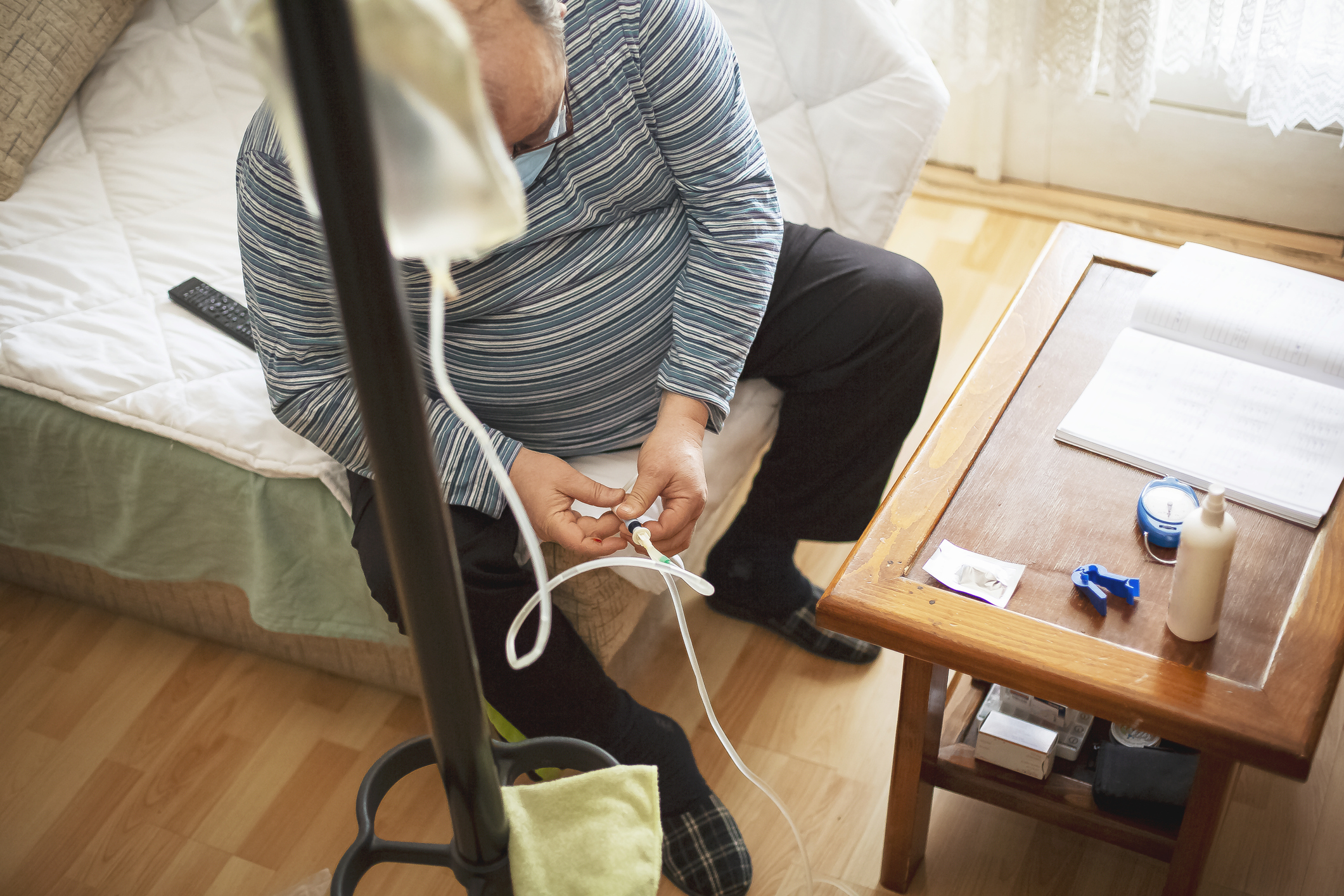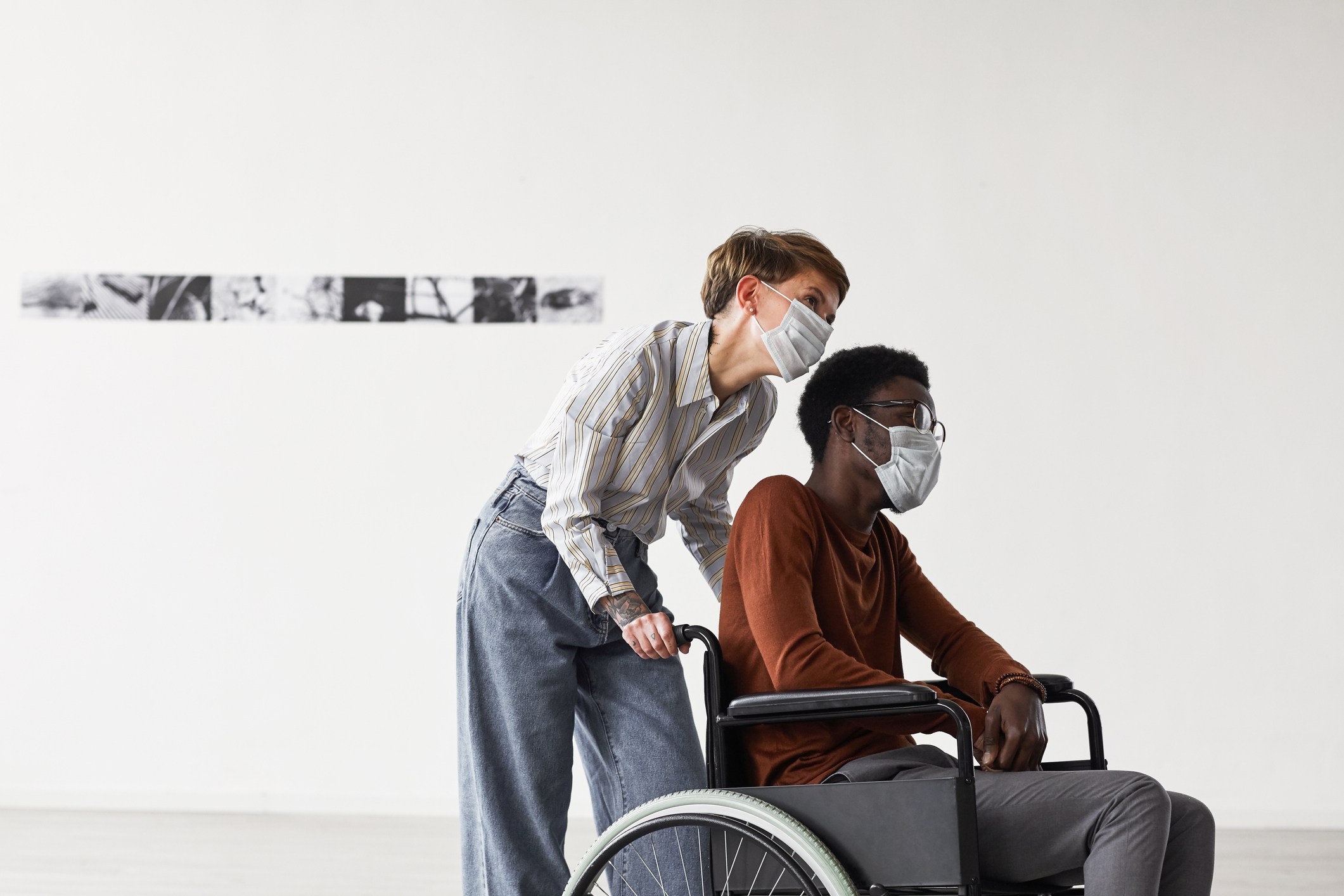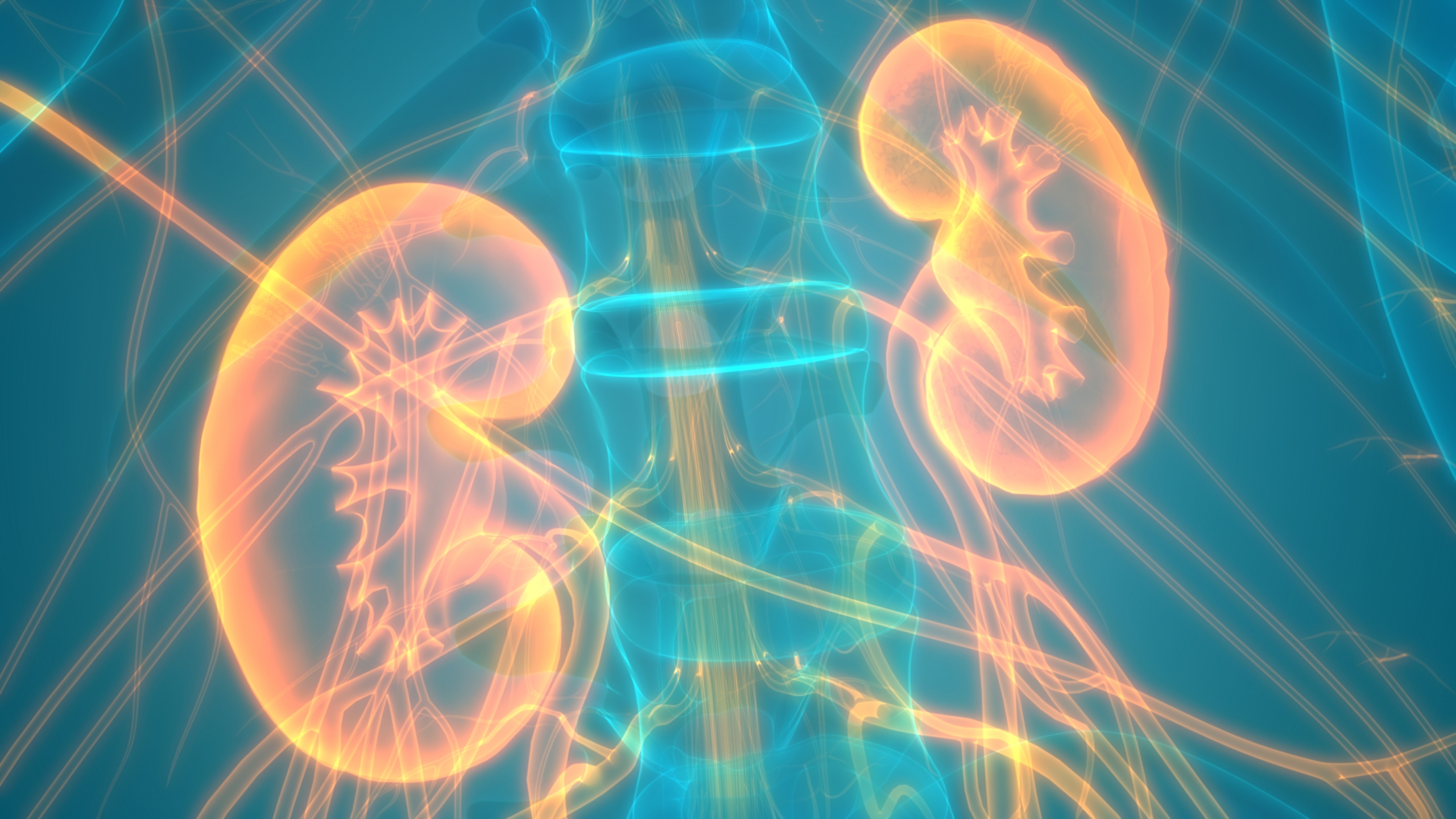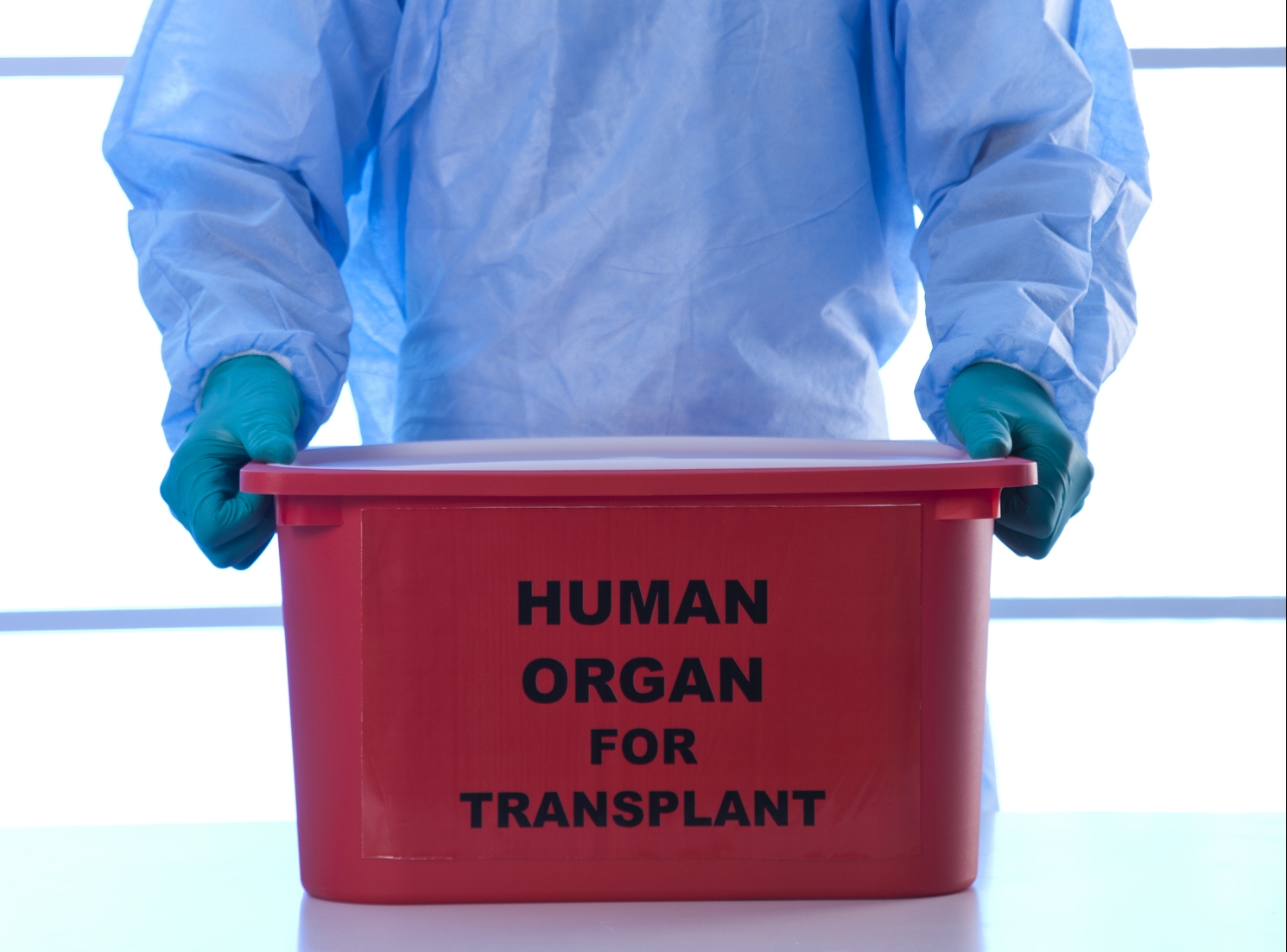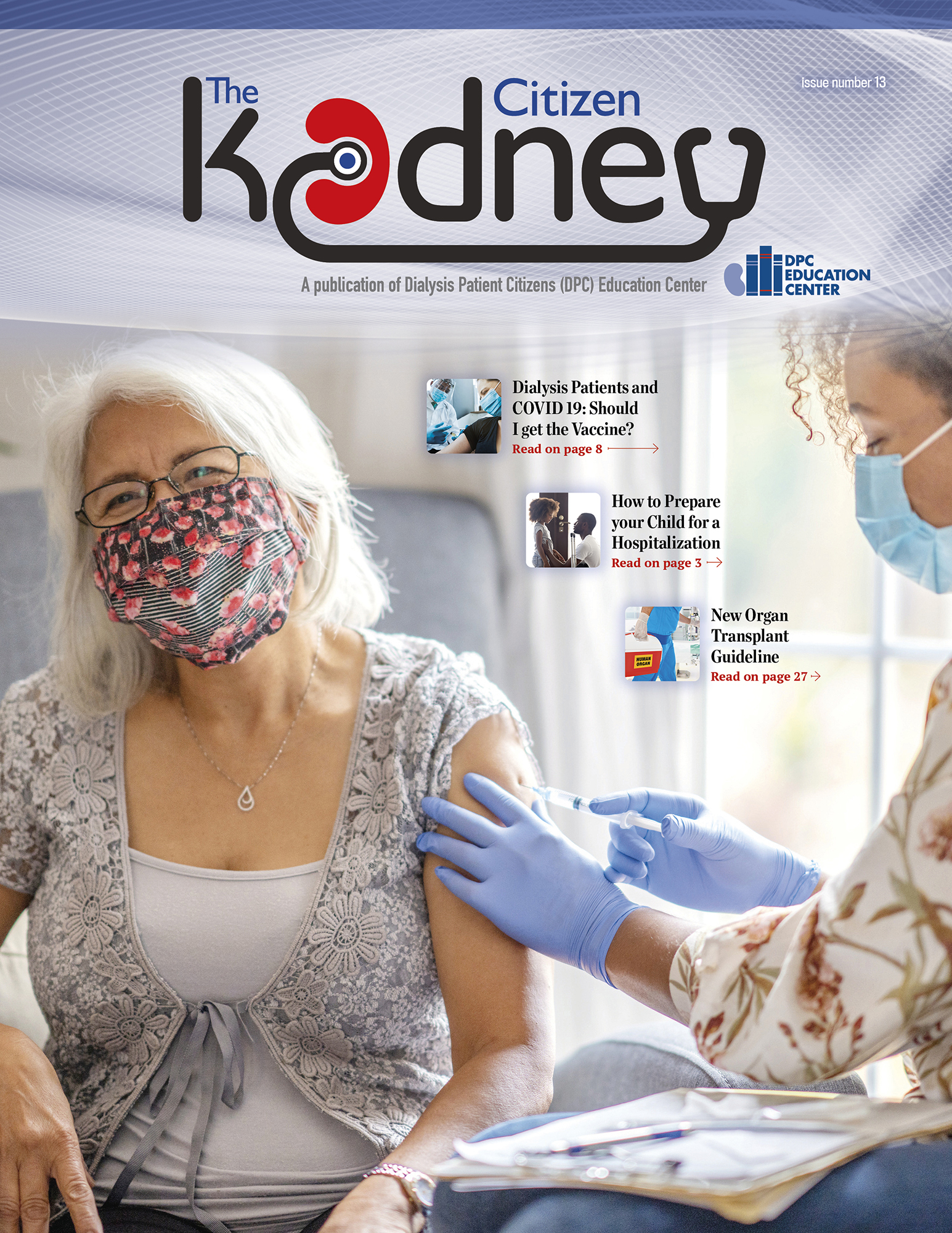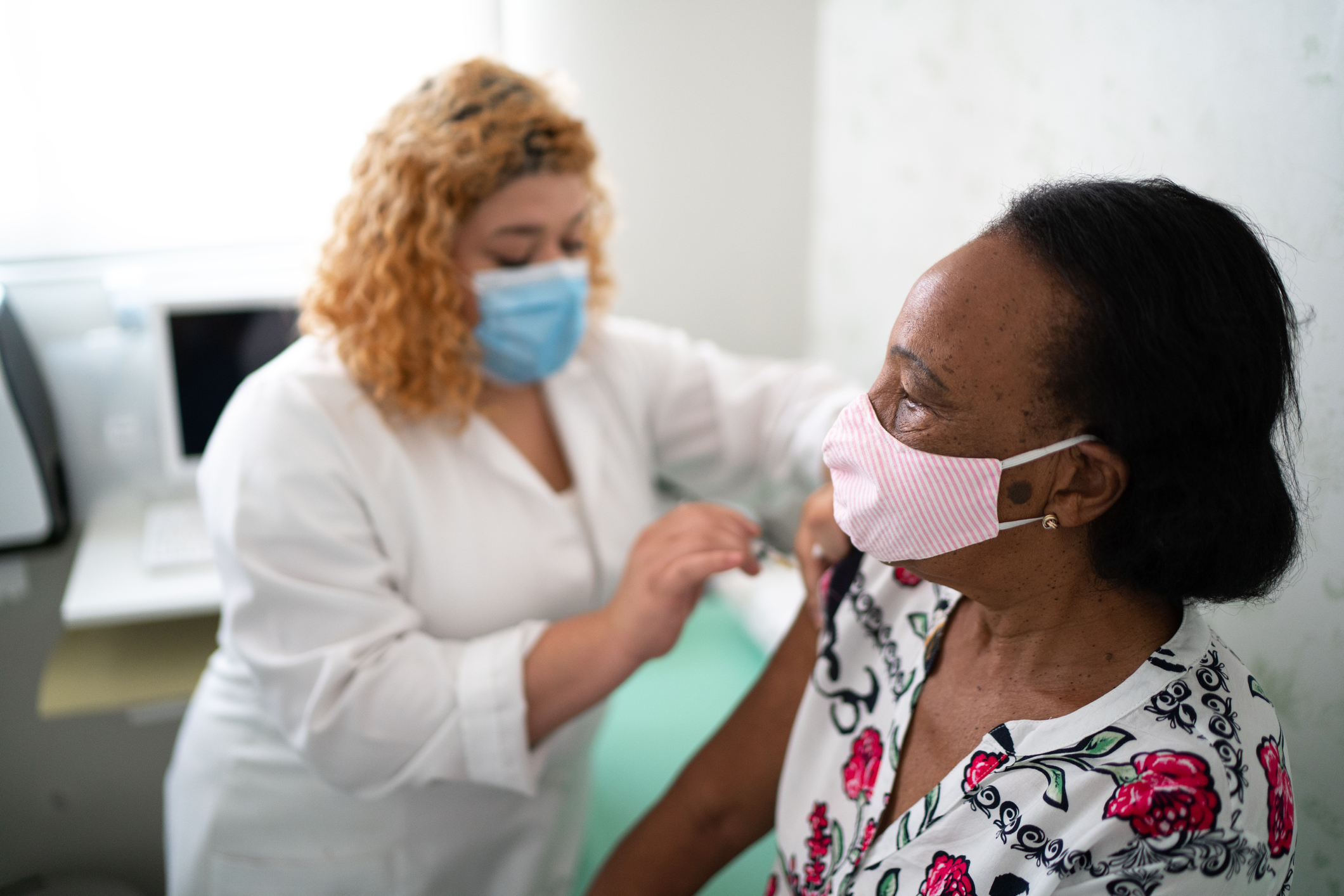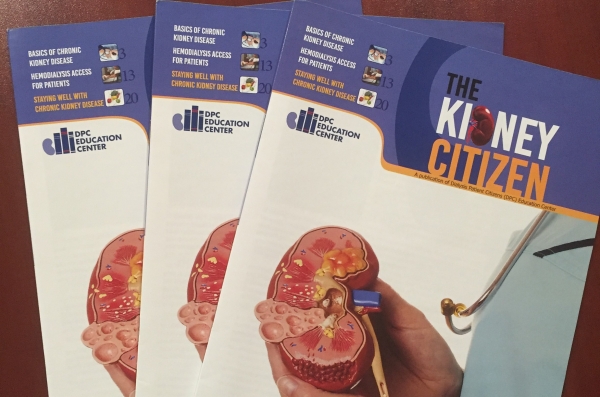News & Events
Discover new information and educational offerings that we provide. Explore our newsletters, blogs and upcoming webinars/conference calls.
Contents:
If You’ve Gotten a COVID-19 Vaccine, Don’t Get an Antibody Test
Thanks to the COVID-19 vaccines, life is beginning to look a little more like it did pre-pandemic and people are out and about as many states start opening back up. Some people are uncertain about the effectiveness of the vaccine or its ability to protect against different variants and have considered antibody tests as a way to check the effectiveness of their vaccine. Public health officials are urging fully vaccinated people not to get antibody tests though, as they have limitations. Antibody tests are a great way to understand if someone has been previously infected with coronavirus and didn’t know at the time. If you are fully vaccinated though, antibody tests are not useful in [...]
New Online Course for Parents and Caregivers of Children with Kidney Disease
The DPC Education Center is proud to announce a new free course, in partnership with the American Psychological Association, for parents and caregivers of children living with kidney disease. It explores the changes that happen within families due to a chronic illness and offers tips to help your family cope and thrive. Check out the Course
Staying Safe in Summer Heat
It is finally summertime! After a long winter of being cooped up indoors, it’s great to finally be able to go to the park, the beach, or even just a nice little walk around your neighborhood. As temperatures around the country are rising though, it’s important to be mindful of the risk of heat-related illness, especially if you have kidney disease or another health condition. Hyperthermia is a illness that happens when your body becomes overheated. Mild cases can cause muscle cramps or swelling in the feet, whereas a more serve form, heat exhaustion, means that your body can no longer keep itself cool. This can cause you to become dizzy or nauseous, or even [...]
Ask Your Nephrologist: What is happening to my skin and nails?
Keith A. Bellovich, DO There is a broad range of skin manifestations when having to depend on dialysis. Skin disorders can affect a patient's quality of life and can negatively impact their mental and physical health. Itching (uremic pruritus) is by far the most common complaint that patients suffer. But dry skin (xerosis cutis) and skin discoloration are also common complaints in patient with severe loss of kidney function. Dry skin is caused by reduction in the size of sweat glands and atrophy of sebaceous or oil producing glands. Dry skin increases the susceptibility to infections and this is aggravated by delayed wound healing of the skin. Alterations in the color of your skin, in [...]
CMS Makes it Easier for Consumers to Find Prices on Hospital Services
The Centers for Medicare & Medicaid Services (CMS) issued a new rule on hospital price transparency that went into effect January 1, 2021. Under a section of the Public Health Service Act (PHSA), hospitals are required to publish a list of standard charges each year. Originally, hospitals could fill this requirement just by publishing their chargemaster list (a comprehensive list of all products, procedures, and services provided by a hospital) online; now, however, hospitals are told exactly what they are required to publish, and how to publish it, in order to comply with the PHSA. Hospitals must publish the following five types of charges to a machine-readable file for all “items and services” the hospital [...]
COVID-19 Vaccines for Dialysis and Transplant Patients – What We Know
As more and more people in the United States receive the COVID-19 vaccine, researchers have been able to learn more about efficacy rates in different patient populations. Unfortunately, preliminary research suggests that efficacy rates may be lower in both dialysis and transplant patients. In a small study, published April 6, 2021 on CJASN ePress, researchers found that, although study participants on hemodialysis did develop a substantial antibody response following two doses of the Pfizer-BioNTech mRNA vaccine, it was significantly lower than the response of the control group comprised of participants not on dialysis. It was also found that older patients, regardless of chronic medical conditions, were more likely to develop less of a response. A [...]
How I Cope During the COVID-19 Pandemic
By Nina Kasl, dialysis patient This pandemic has us isolated from things we used to enjoy! We are unable to visit our friends and families. It is not going to go away anytime soon. Just taking walks by myself was not making me good at all. I knew then I needed to do something. That something had to be done. I was tired of the isolation I felt. I needed something that I could do on my own or with the immediate family. I made an idea sheet. It showed me what I can do. I found journaling as a way of expressing myself. You can yell scream, shout, and cry. No one cares. You [...]
There Is No Place Like Home
By Shaminder Gupta, MD, Nephrologist End Stage Renal Disease (ESRD) is a life changing diagnosis and impacts both the patient and the family. While waiting for renal transplantation, renal replacement therapy (RRT) is required to sustain life. RRT, also known as dialysis, can be provided either in-center or at home. Home therapies can either be via peritoneum (PD) or via fistula (HHD). Patients are concerned about their own abilities to provide this life sustaining therapy on their own. This is natural and should be anticipated as a barrier. Most of us, including medical professionals, would also share these apprehensions. Success at home depends on the initial attitude of the patient who is being asked to [...]
What We Learned from Care Partners
By Kathi Niccum, EdD, Education Director The 2020 DPC Member Survey included a section for caregivers/care partners. From the 146 respondents, 84% were women and the average age was 55.6 years. The caregivers did much of the grocery or other shopping, the housework, meal preparation, managing finances and helped with transportation and other outside services. But besides playing a key role in managing the household, they also were involved in nursing tasks, helped monitor the severity of their care recipient’s condition, helped communicate with health care professionals and helped their care recipient advocate for themselves regarding health care providers, community services, and government agencies. Caregiving activities may happen gradually or suddenly. Sixty-four percent (64%) of [...]
Getting Fit After Transplant
By Collette Powers, MA, RDN, LDN, ACSM EP First of all, let us start off by saying a huge congratulations! Whether you are preparing for a transplant or already received a kidney transplant, you have taken a pro-active step in your own healthcare. This is a major accomplishment and one worth much recognition. Kudos to you! As part of the transplant journey, you learn a great deal of information regarding the transplant process. Topics may range between diet management, medication management and organ infection/rejection prevention to name a few, but what about physical activity? Can you exercise after receiving your new kidney? Should you exercise? Is it safe to exercise? These are all great questions [...]
My Experience Working During the COVID-19 Pandemic While Living With A Kidney Transplant
By Merida Bourjolly, DPC Education Center President ANXIETY OF COMING BACK I am sure everyone has felt the impact of the COVID-19 Pandemic. This is the first time I have experienced a complete shut down in my industry due to a virus. Additionally, the lockdown provided an opportunity for a pause and a chance to rethink my priorities and what is meaningful. From a financial perspective, this shut down taught me how to adapt to uncertain economic times. I am really grateful for technology that helped us connect virtually, provided an opportunity to work, and to make it through a stressful time. Sustaining a business without revenue is not the only financial undertaking I faced; [...]
Cystinosis: A Rare and Under-Recognized Cause of Kidney Failure
By Ladan Golestaneh, MD, MS What is Cystinosis? Cystinosis, or Nephropathic Cystinosis, is a rare genetic disease that affects boys and girls equally and causes a defect in the way that lysosomes (small organelles in cells that remove waste products) are able to remove an amino acid (protein subunit) called Cystine.1-4 The name of the defected gene is CTNS which affects “Cystinosin”, the protein that normally takes Cystine out of the lysosome. As a result of this defect, Cystine accumulates in the cells of various organs and tissues of the body and causes extensive damage. The disease is progressive, meaning it gets worse with time.3 Cystinosis is passed down to affected individuals through an autosomal [...]
Join Us by Telephone for Our New Program!
By Kathi Niccum, EdD, Education Director In March we launched our first Patient Support Group meeting by telephone. Having a support group has been one of our goals for years and we are happy to announce it is now a reality. We chose to have the group meet by phone instead of online in a Zoom meeting because we think most people use the telephone. And we want the support group to be available to all patients at any stage of kidney disease and to their families. On the second Tuesday of each month, at 3:00 pm Eastern, you can join in the conversation or just listen during the one-hour meeting. The facilitator for the [...]
DPC’s State Advocacy Program Works to Advance State Policies that Improve Dialysis Patient Outcomes
By Kelly Goss, J.D., LL.M., Western Region Advocacy Director Historically, health policy issues that impact End Stage Renal Disease (ESRD) patients have largely been focused at the federal level since the vast majority of ESRD patients are on Medicare, a federally-run health insurance program, as their primary insurer. Hence, much of the decision-making with regard to ESRD policies has come either from Congress or from within the U.S. Department of Health and Human Services (HHS) since both have oversight of the Medicare program. However, in recent years, states have become more actively engaged in health policy legislation, in large part due to their expanded role in the development and implementation of the state health care [...]
How to Prepare Your Child for a Hospitalization
By Shani Thornton, MS, CCLS, RWWP When your child has a chronic illness, hospitalizations and urgent care visits may become more frequent. Feeling prepared for these medical admissions can help ease anxiety and fear. Here are a few tips to help create a plan for your family. Emergency Visit Pack a bag that can easily be accessed during a medical crisis. The emergency go-bag should include extra clothes, comfort items, small toys, activities, snacks, phone charger, medical records, emergency contacts, pen and paper. Many families leave their go-bag in their car or have a specific location within their home. It can also be helpful to leave a reminder note to grab items that may not [...]
New Organ Transplant Guideline Promotes Patient Safety, Organ Availability
By Sridhar Basavaraju, MD, FACEP, CDR-USPHS and Heather Ewing Ogle, MA, MPH In the United States, there are approximately 90,000 patients with end-stage renal disease waiting for a transplant. For those patients, a kidney transplant could substantially improve their quality of life. Unfortunately, an organ offer may not be available for every patient in need because of the length of the waiting list. With guidance from the Centers for Disease Control and Prevention (CDC), the U.S. Public Health Service released a new guideline in 2020 that may increase the number of available organs for those in need of a transplant. The recommendations in the new guideline reflect recent improvements to organ donor screening technology for [...]
The COVID-19 Vaccine is Finally Here. Learn How to Manage Anxiety and Impatience While You Wait
By Kirsten Weir It’s been a long and stressful pandemic year. Now that COVID-19 vaccines are becoming available, many people are wrestling with a new burst of emotions: From fear and skepticism to excitement and impatience. “There is such a range of emotions around the vaccine rollout,” says Elizabeth Christofferson, PhD, a pediatric psychologist and clinical director of transplant psychology at Children’s Hospital of Colorado and an assistant professor at the University of Colorado School of Medicine. “Those emotions are normal and valid — and you can find ways to cope with them.” Easing Concerns About the Vaccine Guidelines from the U.S. Centers for Disease Control and Prevention recommend that patients over the age of [...]
The Kidney Citizen Issue 13
Dialysis Patients and COVID 19: Should I get the Vaccine?, How to Prepare your Child for a Hospitalization, New Organ Transplant Guideline, and more!
So, You’ve Been Vaccinated. Now What?
First of all, congratulations! It has been a long and difficult year for everyone, and finally having some protection against COVID-19 feels good. We still have a ways to go though, and since we are still learning about how the vaccines will affect the spread of the virus, it is important that everyone one keeps taking precautions – such as wearing a mask, staying 6 feet apart from others, and avoiding crowds or poorly ventilated indoor spaces. The CDC has also provided some recommendations to help with decision making in daily activities for people who have been vaccinated. The first thing to consider is if you have been fully vaccinated. People are only considered fully [...]
Fabry Awareness Month
April is Fabry Awareness Month, which brings attention to a rare disease that affects about 1 in 100,000 people. So, what is it? Fabry is an inherited genetic condition, caused by a mutation on the X chromosome in the GLA gene that leads to reduced levels of the enzyme alpha-galactosidase A (AGA) in the body. This means that the body cannot break down a certain type of fat, called globotriaosylceramide (GL-3), which then continues to build-up in a way that causes the blood vessels all over the body to become narrowed. This causes damage to tissues and organs, including your kidneys! It affects both men and women, and there are two main forms of Fabry [...]








